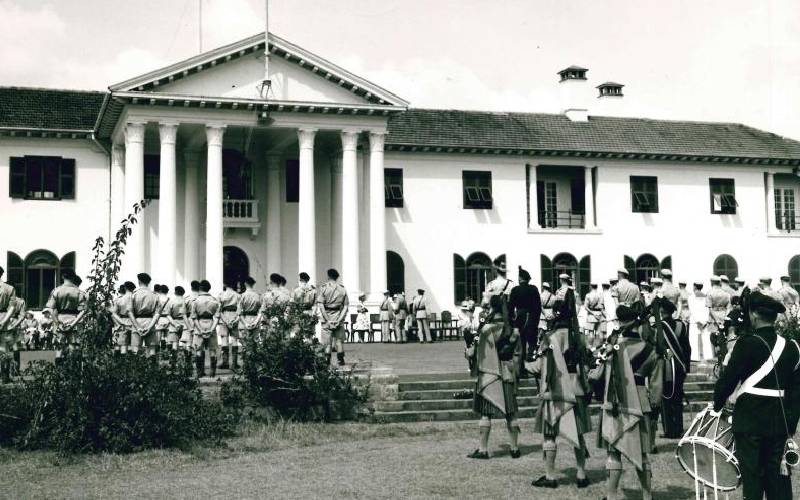×
The Standard e-Paper
Stay Informed, Even Offline

Organising a protest near State House, Kenya’s seat of power might be the height of folly and a great miscalculation, akin to signing your death warrant.
But such a protest did happen on the well-manicured lawns. It all had to do with the havoc visited upon the settler community by the rag tag military wing of the Mau Mau.







